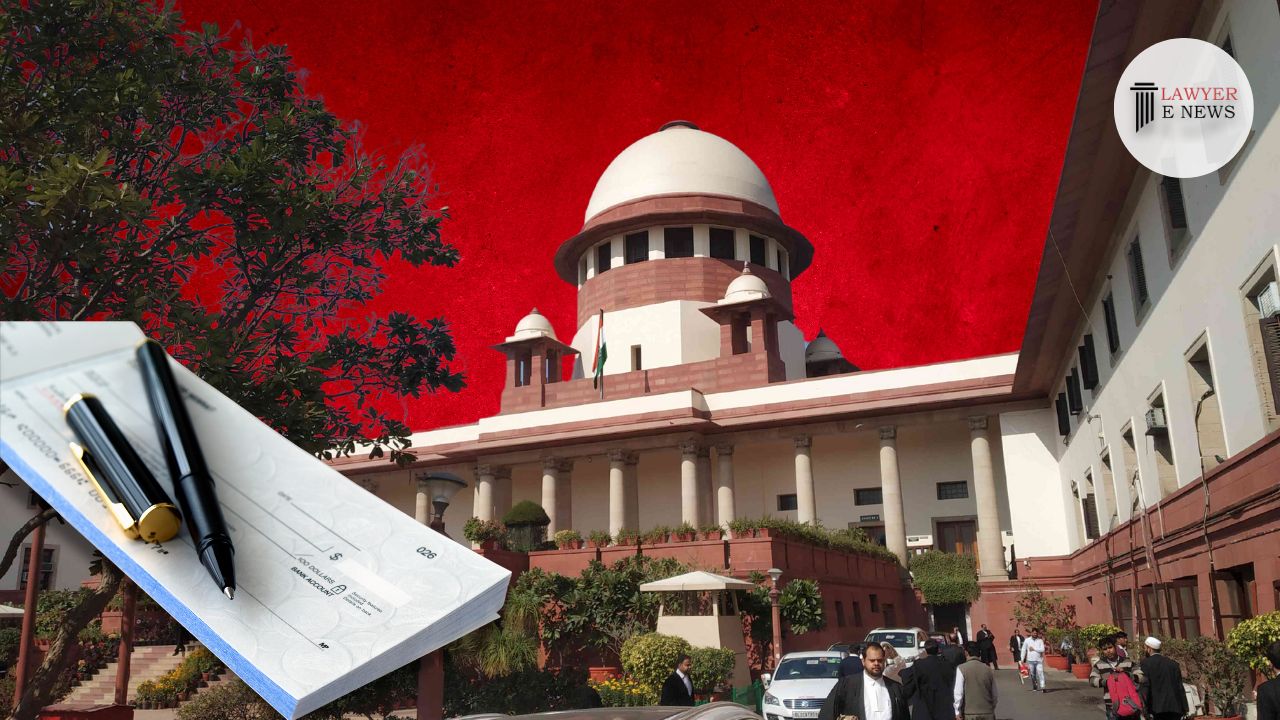-
by sayum
14 February 2026 2:22 PM



The Supreme Court of India has dissolved the marriage between Kiran Jyot Maini and Anish Pramod Patel, marking a significant decision in the realm of family law. The Court emphasized the role of maintenance in preventing destitution rather than serving as a punitive measure. In a detailed judgment delivered by Justices Vikram Nath and Prashant Kumar Mishra on July 15, 2024, the Court directed the respondent to pay Rs. 2 crores as permanent alimony, bringing an end to a prolonged legal battle
The marriage between the appellant, Kiran Jyot Maini, and the respondent, Anish Pramod Patel, was solemnized on April 30, 2015. However, within a year, on April 13, 2016, an FIR was lodged by the appellant citing cruelty, hurt, and dowry demands under various sections of the Indian Penal Code and the Dowry Prohibition Act. Multiple legal proceedings ensued, including applications under the Protection of Women from Domestic Violence Act (PWDV Act) and the Special Marriage Act. The couple had been living separately for nine years, with numerous failed attempts at reconciliation.
The Supreme Court observed that the marriage between the parties had irretrievably broken down, given their prolonged separation and multiple failed mediation efforts. The Court invoked its power under Article 142 of the Constitution to dissolve the marriage, underscoring the futility of continuing a relationship that only exists on paper. "The marriage between the parties has irretrievably broken down. Continuing such a marriage serves no purpose and only prolongs the suffering of the parties," the Court noted.
Addressing the contentious issue of maintenance, the Supreme Court highlighted the principles for determining alimony. The Court took into account the financial status, social standing, income, lifestyle, dependents, and future prospects of both parties. The judgment reiterated that maintenance is meant to ensure a decent living standard for the dependent spouse, not to penalize the other party.
e Court extensively discussed the legal principles governing maintenance and permanent alimony. It emphasized that the purpose of maintenance is to prevent the dependent spouse from falling into destitution rather than to punish the other spouse. The Court noted, "The award of maintenance or permanent alimony should ensure a decent living standard for the appellant-wife and should not be penal in nature."
Justice Vikram Nath remarked, "Maintenance is to prevent destitution rather than serve as a punishment. The amount must be fair and reasonable, ensuring a decent living standard for the dependent spouse."
The Supreme Court's decision in this case underscores its commitment to ensuring justice in matrimonial disputes. By dissolving the marriage and ordering a substantial permanent alimony, the judgment sets a significant precedent in family law. The decision reinforces the legal framework for addressing marital disputes, emphasizing the importance of fair maintenance to prevent destitution. The Court's balanced approach in determining the alimony amount, considering the financial status and obligations of both parties, is expected to guide future cases in ensuring equitable resolutions.
Date of Decision: July 15, 2024
Kiran Jyot Maini vs. Anish Pramod Patel
